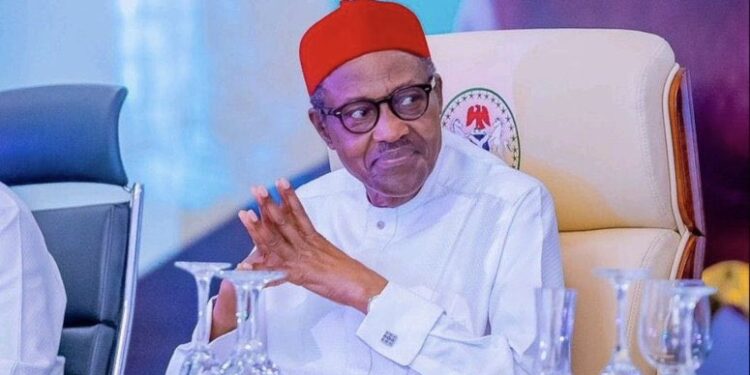LAGOS – July 17, 2025
Nigeria’s richest individuals experienced varying fortunes during the eight-year administration of former President Muhammadu Buhari, as the country underwent significant economic reforms, currency challenges, and shifting investment landscapes between 2015 and 2023.
The period was defined by two economic recessions, fluctuating oil prices, strict foreign exchange policies, and infrastructural investment drives, all of which played a crucial role in shaping the wealth trajectories of top Nigerian billionaires.
Aliko Dangote, Africa’s richest man and President of the Dangote Group, maintained his leading position despite tough macroeconomic conditions. His business empire, spanning cement, sugar, and fertilizer, reached a major milestone with the commissioning of the multi-billion-dollar Dangote Refinery in 2023, a national asset expected to transform Nigeria’s oil industry. However, the weakening of the naira periodically impacted the dollar valuation of his net worth.
Mike Adenuga, telecom and oil tycoon and founder of Globacom, saw his fortunes fluctuate amid foreign exchange restrictions and increased regulatory scrutiny. Nonetheless, his diversified interests in telecommunications, oil, and banking allowed him to remain a dominant figure in Nigeria’s economic sphere.
Abdulsamad Rabiu, Chairman of BUA Group, recorded significant growth during the Buhari years. He capitalized on the administration’s push for industrialization and local production, expanding operations in cement, flour, and sugar manufacturing. His wealth surged as BUA became one of the country’s fastest-growing conglomerates.
Femi Otedola, once known for his investments in the downstream oil sector, took a strategic turn during Buhari’s rule. He sold his stakes in Forte Oil and shifted focus to power generation through Geregu Power Plc. He also became increasingly active in capital markets and corporate governance, rebranding his business profile.
Folorunsho Alakija, oil mogul and Nigeria’s wealthiest woman, experienced reduced business momentum due to uncertainties in the upstream oil sector and regulatory hurdles. Her firm, Famfa Oil, faced a tough operating environment, though her influence in the industry remained intact.
In summary, the Buhari administration presented both opportunities and challenges for Nigeria’s billionaire class. While some expanded their empires through strategic investments and government-aligned ventures, others had to adapt to policy shifts and economic turbulence. Their experiences during the period reflect the broader complexities of doing business in Africa’s largest economy.
